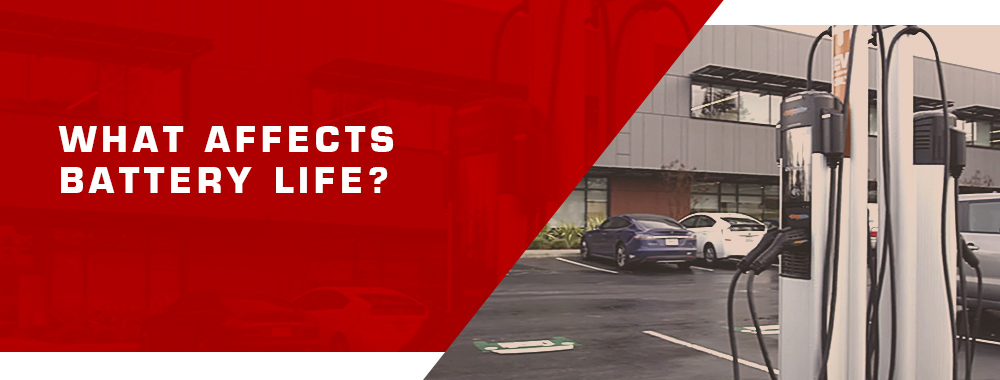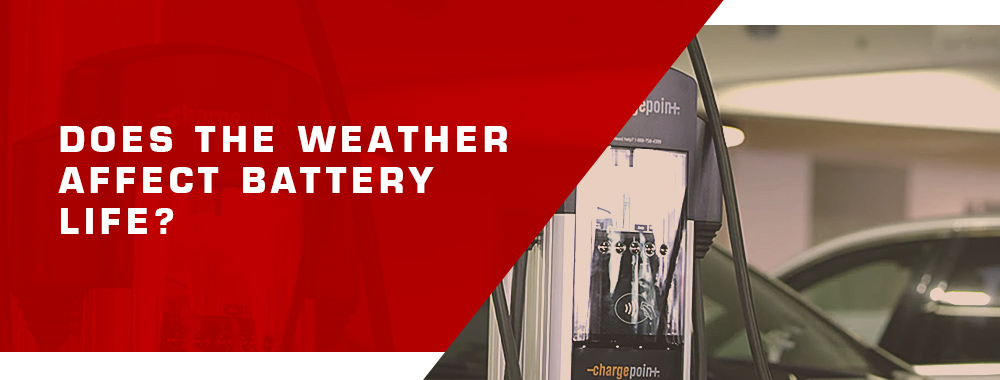How long will my electric car battery last?
The battery in an electric car is proven technology. Electric car manufacturers guarantee that it will last for many years.
What is the manufacturer’s warranty on batteries?
Most manufacturers have a battery warranty of five to eight years. Nissan guarantees that its electric car batteries will last eight years or 100,000 miles, for example, and Tesla offers a similar warranty. However, the current prediction is that an electric car battery will last 10 to 20 years before it needs to be replaced.
The battery is one of the most expensive parts of an electric car. But experts say the cost of them will decrease over time, making it less expensive to replace the battery out of warranty.

Electric car batteries undergo cycles of “discharging” that occur while driving and “charging” when the car is plugged in. The repetition of this process over time affects the amount of charge the battery can hold. This reduces the range and time it takes to charge between each trip. For a discussion of what the energy efficiency (mileage) of an electric vehicle is, see here [12].
What is the difference between the principles of a phone battery and an electric car battery?
It may seem surprising if the battery in your cell phone begins to wear out after only a couple of years, but during that time, it can be fully charged and discharged hundreds of times. Each of these so-called charging cycles affects battery life: perhaps after 500 full cycles, a lithium-ion phone battery begins to lose a significant portion of the capacity it had when new.
While this may be okay for a phone, it’s not enough for a vehicle with many thousands of miles, so electric car manufacturers are doing everything they can to make sure electric car batteries last longer. In an electric car, the batteries are “buffered,” which means that drivers can’t use all the energy they have, which reduces the number of cycles the battery goes through. Together with other technologies, such as smart cooling systems, this means that electric car batteries should provide many years of trouble-free operation.
For new car buyers, it is important that as the battery ages, its capacity decreases, and the range of the car gradually decreases.

Extreme temperatures (very low or very high) over an extended period will almost certainly reduce battery capacity. Places where it snows in winter or where forest fires blaze in summer are unfavorable for electric vehicles. Thus, active thermal management in an electric vehicle is absolutely necessary. Does the weather affect the battery if the car stands still and doesn’t move for a long time? Read more about how and where to store the battery of an electric car if it is not used for a long time.
The battery is often hidden away from sight in a small space with little airflow to keep it cool. This is because every element of the car must be robust and resistant to adverse influences, such as a sudden downpour or a car accident. The batteries of electric cars are subject to higher requirements because they can cause a fire. However, cases of this are more of a rare exception. Sources tell us that UN regulations control the moments that apply to rechargeable energy storage systems (RESS).
But isolating the battery from the weather and hard knocks can cause the battery to become very hot and shorten its life.
This is why the more complex electric vehicles use sophisticated cooling systems to maintain a moderate battery temperature. These cooling systems are also often used in hybrid and modular applications since most of these vehicles are also equipped with lithium-ion batteries.
What happens to electric car batteries when they fail?
Once an electric vehicle’s battery loses its ability to power the vehicle, it can be used to power a home or building by contributing to a battery storage system. The storage system stores energy from the batteries that can be used later.
If you power your home with renewable energy, such as wind or solar, you can also connect it to your electric car battery. You can store it to use all night when the wind and sunlight diminish, or even during the day along with solar or wind power. This method of energy production can help you save on your bills and reduce the amount of energy you use from the grid.
How do I know if my Tesla battery needs to be replaced?
Tesla batteries are designed for the life of the car itself. This means that they should retain their usefulness even after 500,000 miles. You can learn more about Tesla batteries. How do I know if my Tesla battery needs to be replaced?
There are some basic warning signs:
- Sudden drop in range by more than 20%
- Degradation of mileage without charging by more than 30% of the warranty criteria
- Inability to hold a charge at all
- Notification from Tesla that something is wrong with the battery
This is, of course, not an exhaustive list. Other battery problems other than degradation usually mean a need to call a service center (e.g., charging problems, sudden loss of mileage, or a completely discharged battery). In other words, Tesla is not likely to have a slow accumulation of problems preceding battery replacement.
The good news, however, is that the data suggests that Tesla batteries hold up very well over the long term. In addition, most Tesla batteries are currently still under warranty conditions.
Diving into the world of EVs and the promise of a million-mile battery by Tesla is fascinating. I remember my old gas guzzler barely scraping 150k miles before giving out. This shift could redefine long-term vehicle ownership. However, I’m curious, with such long lifespans, will the tech become obsolete before the car does?
Tinkered with my EV’s battery management software over the weekend. It’s intriguing how much control we have. Saw a noticeable improvement in charge retention. But, it’s a risky game, and not for the faint-hearted. Anyone else love to push the limits of their EV’s software?
I’m into tweaking too, but cautious about voiding warranties. How do you manage the risks vs. the benefits? And any tips for a fellow tinkerer to avoid the common pitfalls?
Faced a severe battery drain during a winter trip last year. It was stressful watching the range drop so quickly. I’ve read that extreme temperatures can really impact battery life. How do you guys prepare your EV for extreme weather?
On a tight budget but dreaming of going electric. I’m eyeing a used EV but worried about inheriting battery issues. How can I ensure I’m not buying a dud? Any tips for assessing battery health before purchase would be a lifesaver.
Always check the vehicle’s history and if possible, get a battery health report. Some dealerships offer this, or you can look for a trusted mechanic with EV experience. It’s worth the extra effort to avoid costly surprises down the road.
Just back from a 500-mile road trip with my new EV. Impressive performance, but the charging breaks added quite a bit of time. I’m hopeful for faster charging tech soon. Does anyone else feel the journey time trade-off is worth it for the environmental benefits?
With all this talk about EVs lasting longer than ICE vehicles, I wonder about the future of car ownership. Will we see more long-term leases instead of purchases? How will this affect the second-hand market? Curious to hear others’ predictions.
Just upgraded to a high-speed charger at home. The difference is night and day! For anyone on the fence, it’s a game-changer. But, it’s a hefty investment. Do you think the cost and convenience balance out in the long run?
I’ve been considering the same. From what I’ve calculated, the time saved and the reduced reliance on public chargers make it worthwhile, especially if you plan to keep your EV for many years.
Noticed a recent surge in battery recalls. It’s a bit alarming. I appreciate the transparency, but it does shake my confidence. How do you all stay updated and ensure your EV remains safe amidst these recalls?
Here’s a thought: as EV batteries last longer, could we see them outlive their cars and find second lives in other applications? It’s an exciting prospect for sustainability. Imagine repurposing old EV batteries for home energy storage! Any engineers here who can shed light on this possibility?